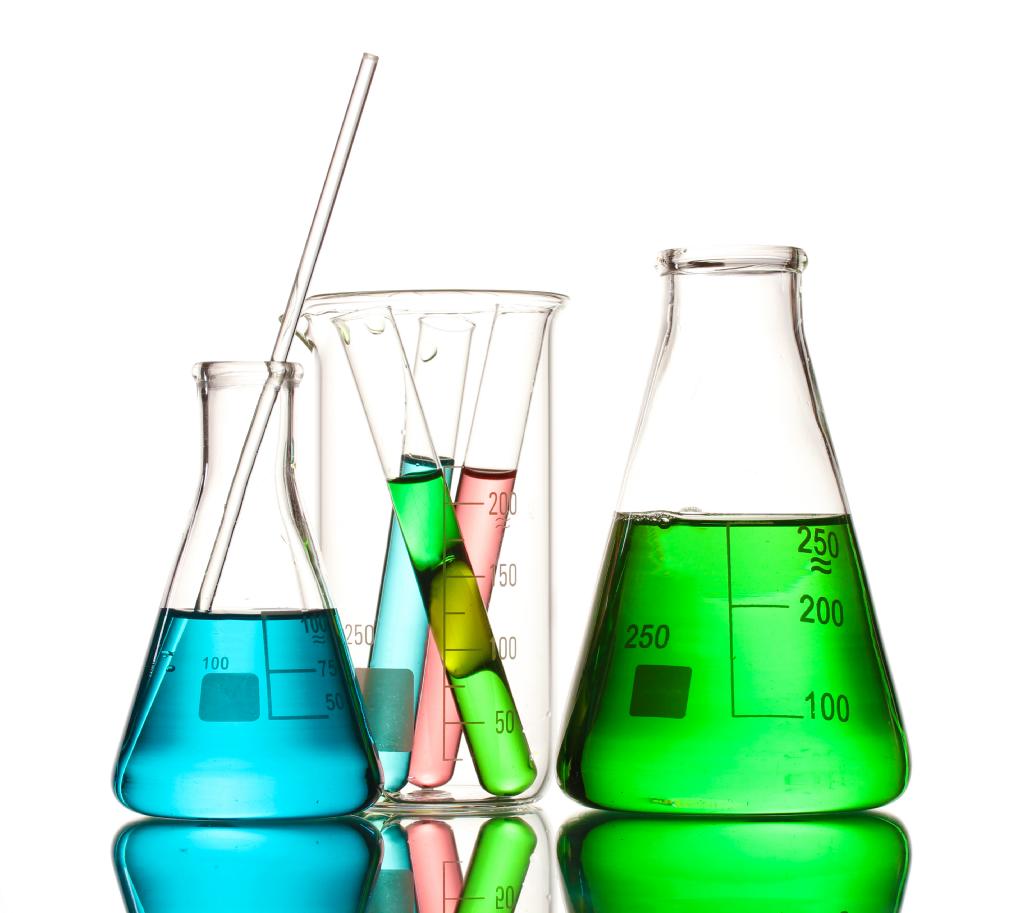Allergies are a common health concern affecting millions of people worldwide. While various factors contribute to the development of allergies, chemicals play a significant role in triggering and exacerbating allergic reactions. In this blog post, we will delve into the intricate relationship between chemicals and human allergies, exploring the different types of chemicals that can affect allergies and their mechanisms of action.
- Household Chemicals:
Household chemicals, such as cleaning products, detergents, and air fresheners, can contain allergenic substances that trigger allergic reactions. These chemicals often release volatile organic compounds (VOCs) into the air, which can irritate the respiratory system and lead to symptoms like sneezing, coughing, and wheezing. Common allergens found in household chemicals include formaldehyde, fragrances, and chlorine. - Industrial Chemicals:
Industrial chemicals, found in various manufacturing processes and products, can also contribute to allergic reactions. Chemicals like latex, solvents, and dyes are known to cause allergic responses in susceptible individuals. Occupational exposure to these chemicals can lead to occupational allergies, where individuals develop sensitivities to specific substances present in their work environment. - Pesticides and Herbicides:
Chemicals used in pesticides and herbicides can have detrimental effects on human allergies. Some pesticides contain allergenic compounds that can cause skin irritation, respiratory problems, and even systemic allergic reactions. Additionally, exposure to agricultural chemicals through contaminated food or water sources can also trigger allergic responses in individuals. - Medications:
Certain medications, including antibiotics, nonsteroidal anti-inflammatory drugs (NSAIDs), and chemotherapy drugs, can induce allergic reactions in some individuals. These reactions can range from mild skin rashes to severe anaphylaxis, a life-threatening allergic response. It is crucial for healthcare professionals to be aware of potential allergenic properties of medications and consider alternative options for patients with known allergies. - Food Additives and Preservatives:
Food additives and preservatives, such as sulfites, artificial colors, and flavor enhancers, have been linked to allergic reactions in susceptible individuals. These chemicals can trigger symptoms like hives, itching, gastrointestinal distress, and respiratory difficulties. It is important for individuals with known food allergies to carefully read food labels and avoid products containing allergenic additives.
Conclusion:
Chemicals have a profound impact on human allergies, with various types of chemicals capable of triggering and exacerbating allergic reactions. Understanding the role of chemicals in allergies is crucial for both individuals with known allergies and healthcare professionals. By minimizing exposure to allergenic chemicals and adopting preventive measures, individuals can better manage their allergies and improve their overall quality of life.


More Stories
Plastic to Pyrolysis Oil Solution: A Sustainable Pathway for Plastic Waste Conversion
Yukun Qiangwei Motor Unveils 2023 Diesel Generator Price List with Specs for Home Use
Solar Panel and Cell FAQ: Your Guide to Tailored Solutions from a Professional Maker